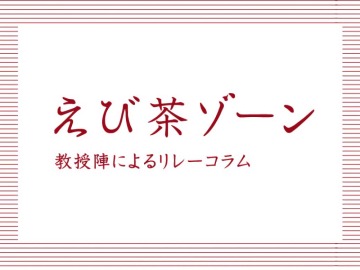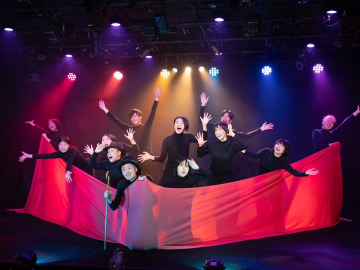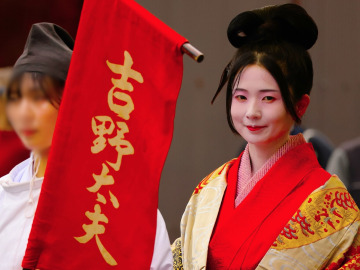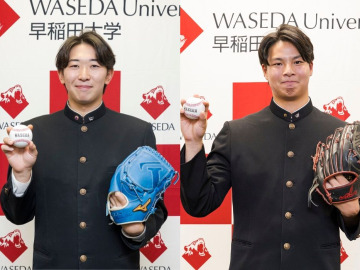
It is said that "Kobo does not choose his brush." It is true that Kobo Daishi could have produced excellent calligraphy using any brush. However, of course, it is better to use good tools.
So what is a good tool? Let's take a pen as an example. If your goal is to write on paper, pens are sold for just a few tens of yen each, and you can even get them for free. If you're not careful, your drawers and pen holders will be overflowing with gifted pens. However, cheap pens often have poor ink flow and are difficult to write with, unless you're just taking notes (although this is relatively rare in Japan, as writing implements are excellent). Above all, as long as you use such pens, you probably won't think about writing carefully. If you have a tool you like, your attitude when using it will change. You will become more sensitive to the weight of the pen and the feeling of the tip running across the paper. Good tools don't have to be expensive. Good things are things you can cherish.
You may think that this is an old-fashioned thing to say. It's anachronistic to say such things in the age of computers. But the ease of typing on a keyboard and ease of use of software are directly connected to the smoothness of thinking. However, electronic devices offer very little room for users to innovate and make them fit their hands. In that sense, modern people may be losing the opportunity to sharpen their senses.
The reason Kobo can write with any brush may be because he has used many different brushes and is able to skillfully handle them according to their characteristics. To reach that level, one must cherish each and every experience. And he must use tools that allow him to enjoy those experiences.
(K)
1175th






![[Save version] Map of the four main campuses](https://www.waseda.jp/inst/weekly/assets/uploads/2025/09/17cb2975123fc5103172ef60bd98608d-610x458.jpg)

